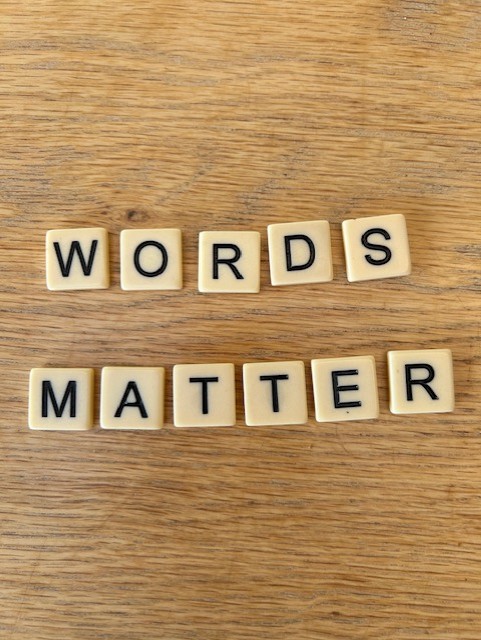‘You can’t say anything these days’

Sharon F
I'm Sharon, I have a daughter with epilepsy and a severe learning disability. I blog about our livewire life.
A few times recently, public personalities have referred to ‘having a seizure’ in jokey way to describe something light-hearted – for example, a dance move. It is clearly meant with no malice but was more a misstep, born out of a lack of understanding and knowledge. Apologies were made.
I have seen subsequent debates in epilepsy groups and forums with people feeling differently about this. Many people felt hurt by it, while others were keener to brush it off, saying it did not bother them at all. It is completely understandable that this will land with people in different ways, according to their own individual experiences.
One phrase I hear bandied around to try to silence this sort of debate is: ‘You can’t say anything these days.’
I bristle every time I hear or read this.
Let’s think about it. First of all, you can say whatever you like. What you cannot do is control the way it affects people who have a different lived experience to you and expect them to be able to ‘brush it off’. And you can’t expect not to be called out on it.
Let’s turn the phrase around. What if, all of those years ago when you ‘could say stuff’, it still hurt and demeaned people, it’s just that they felt they could not speak up. What if, ‘these days’, the people that previously felt they could not say anything when hurtful language is used, now feel they can speak up. Perhaps they felt they could ‘not say anything’ before.
Communities like ours can speak out and call out words that harm, while educating those around us on what living with disability means.
While some words may feel acceptable now, language evolves and we learn. I will not name some of the slurs liberally used in the 80’s and 90’s to describe disabilities but many of us will remember them. Most of us probably used one at some point as a child, not knowing better.
Shockingly, I have heard the ‘r’ word used twice in conversation since having a child with a severe learning disability.
The people using it used it to describe a mistake they had made, as in ‘I am such a r-word’. I called it out once but, I am sad to say, did not feel able to the other time. I still think about it and it happened at least five years ago.
None of this is about ‘telling people off’, it is about supporting people to understand the consequences of their language and encouraging inclusive choices in the future. Most people are keen and willing to learn and that’s a really good thing.
Scope has produced a helpful guide to inclusive language here.
Words matter.



